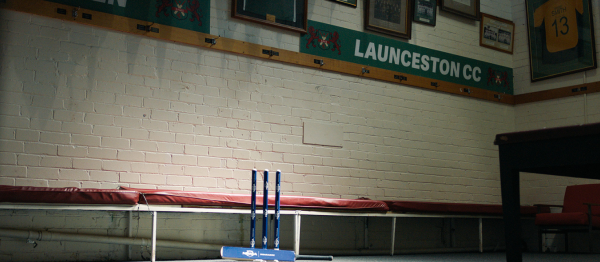17 March 2023
It’s been 60 years since Lifeline answered its first call for help. Meet Ella who turned a family tragedy into helping others.
This Moment of Help takes place across our wide, boundless land where some 4,000 Lifeline volunteers, across Australia - are ready to help people in crisis. One such helper is Ella.

As a mother-of-two, Ella volunteers for a weekly night shift as a Lifeline Telephone Crisis Supporter (TCS). She knows first-hand how help leads to hope after tragically losing a close loved one to suicide in 2010. Her son, Ruben, was 15 at the time. His older brother, 21. “It was a total shock. At the time, I wished their father had been able to reach out to Lifeline, but some men can be very reluctant to speak about their mental health.”

While the family dealt with the loss and grief that followed, Ruben, whose friend volunteered for Lifeline, inspired him to become accredited as a TCS volunteer for Lifeline which he has now done for over four years. It was his passion and enthusiasm for helping that inspired Ella to become a TCS, too.

This year marks 60 years since Lifeline began. It was founded in 1963 by the late Reverend Dr. Sir Alan Walker, who received a call from a distressed man who later took his own life. Determined not to let isolation and lack of support be the cause of more deaths, Rev. Dr. Walker launched a 24-hour crisis support line. This service (13 11 14) now answers over a million calls a year from Australians in emotional distress or crisis, literally providing a 24-hour ‘lifeline’ to those who call.

“Everyone who reaches out to Lifeline is in some form of personal crisis, from someone who is 10 years old to someone in their 90s" says Ella. "When you receive a call from a child, that really affects you as a mother, right down to the core; you sit on the edge of your seat. They may be desperate because they are in a situation at home where two parents are constantly fighting and there’s no safe space. But there is a lot of loneliness too, especially among the elderly who may have spent another day at home by themselves and all they want to do is to talk to someone.”
At the end of a call, people say ‘thank you so much for listening, I feel so much better.’ These moments humble me. I cannot ask for a greater reward.

Lifeline, Australia’s leading suicide prevention service, now takes a call every 30 seconds. As a result of the pandemic, and most recently the devastating impact of natural disasters, figures show that demand has grown 20 percent since 2019 and 40 per cent since the start of the pandemic. To date, Lifeline TCS volunteers have provided help, hope and connection to over a million callers, reaching up to 3,726 on the busiest day in January 2022.

“The recent devastation caused by bushfire, drought and flood has left many people vulnerable to negative mental health outcomes with research showing those who have experienced consecutive trauma are likely to experience longer-term psychological impacts," says Lifeline Australia Chief Executive Officer Colin Seery. "The earlier we can intervene, the greater chance we have of reducing the devastating risk of suicide or other long term mental health impacts.”
After the floods in the Northern Rivers NSW, in early 2022, I had a call from a help seeker who had lost everything. It was a long and very difficult conversation. But, at the end of it, the caller was able to hold onto hope.

Ella has fielded calls from regional Australians in the grip of anxiety, depression and suicidal thoughts. Whether it’s been the drought, bushfires or the pandemic, callers often haven’t had the opportunity to talk through their current situation or to even verbalise how they’re feeling - even with people close to them. “In regional towns, they may worry that someone will find out and they are very embarrassed.” With Ella, and the thousands of Lifeline volunteers, they provide the opportunity for them, and all Australians, to share their troubles.

For Ella, who also has a full-time job, volunteering for Lifeline is about giving back to the community. “It humbles me to be able to speak to help seekers, be there in their darkest hour and make a difference to their lives.
As a proud supporter of Lifeline Australia, we know first-hand the impact fires and flood have had on the community. To help, in 2020 NRMA and RACV provided $2 million for Lifeline to provide additional counselling services for those experiencing distress in the face of natural disasters. It has provided for 7880 tele-health counselling sessions; e-learning Accidental Counsellor training for 2382 people in communities across Australia; and thousands of toolkits and resources within affected regions.
The Power of Help is within us all. Communities are stronger together. Share your Moment of Help here or to create your Moment of Help join Lifeline. And if this story has raised issues for you, reach out to Lifeline on 13 11 14. You can also get information and support if you have been affected by a natural disaster.



